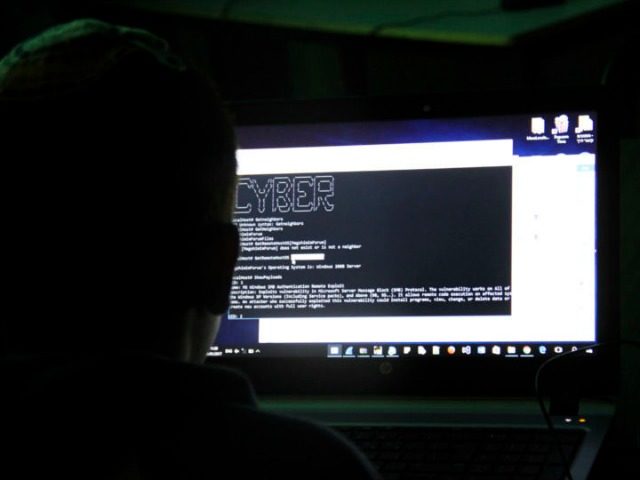The U.S. defense budget may fund “hacking for defense” courses at universities around the country, according to a report.
According to a report from the Institute of Electrical and Electronics Engineers, a portion of the U.S. defense budget may be allocated for usage by universities looking to train students to “hack as defense.”
The talks of allocating money towards such programs stems from a successful course at Stanford University which allows students to solve real problems from the National Security Agency, the Army, the Navy, the Air Force, the Army Cyber Command, the Veterans Administration, and other government agencies with an invested interest in cybersecurity and hacking for defense purposes.
According to Stanford University instructor Steve Blank, eight universities in addition to Stanford will offer a Hacking for Defense course this year: Boise State, Columbia, Georgetown, James Madison, the University of California at San Diego, the University of Pittsburgh, the University of Southern California, and the University of Southern Mississippi.
In July, U.S. Representative Dan Lipinski of Illinois passed an amendment that will allow for the development of curriculum, best practices, and recruitment material that will aide universities in teaching these types of courses that will help government agencies with cybersecurity practices.
“Rapid, low-cost technological innovation is what makes Silicon Valley revolutionary, but the DOD hasn’t historically had the mechanisms in place to harness this American advantage,” Lipinski said in a statement. “Hacking for Defense creates ways for talented scientists and engineers to work alongside veterans, military leaders, and business mentors to innovate solutions that make America safer.”
When the first Hacking for Defense course began last year at Stanford, students were already engaged in helping military agencies solve important problems. For example, one group of students helped to develop a “tool that can take video from a friendly drone feed, use it to distinguish drones from birds, and then identify and classify enemy drones in the area.” Using this tool allows users to determine the type of aircraft the enemy drones are and offers that a list of the best countermeasures.
Tom Ciccotta is a libertarian who writes about economics and higher education for Breitbart News. You can follow him on Twitter @tciccotta or email him at tciccotta@breitbart.com

COMMENTS
Please let us know if you're having issues with commenting.